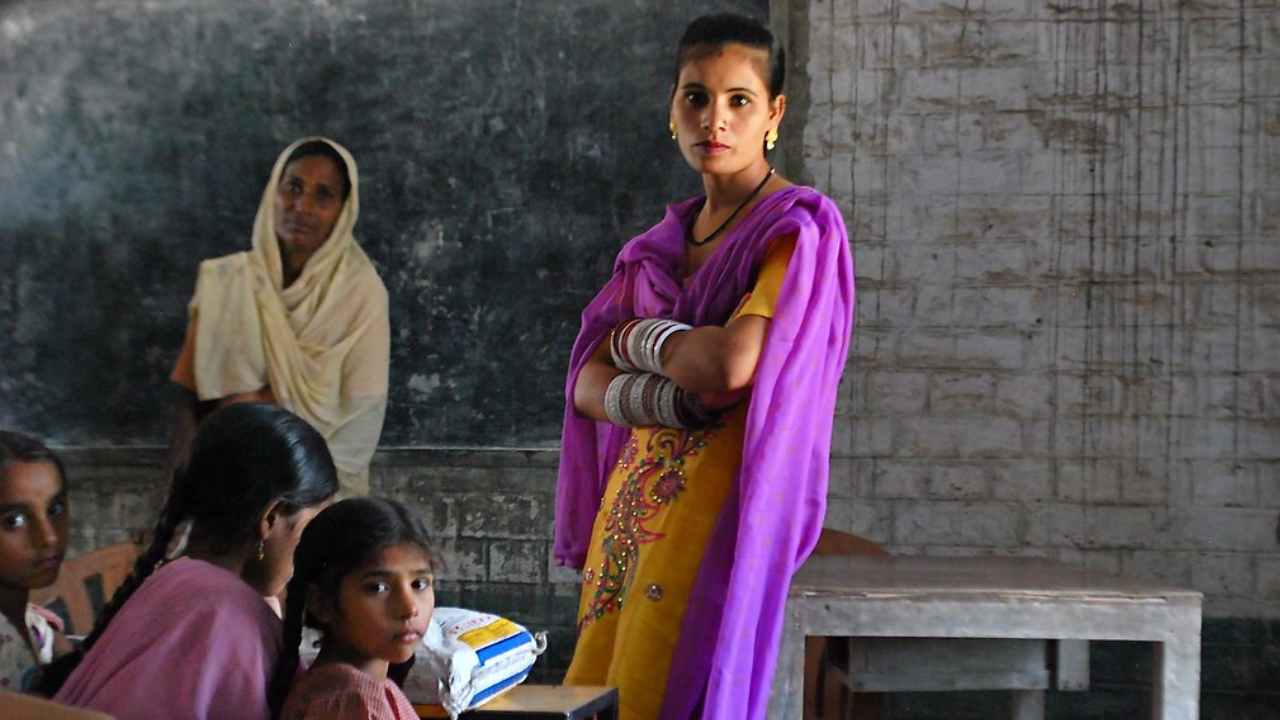The State Government will implement the National Education Policy (NEP) 2020 on Early Childhood Care and Education (preschool stage) in 20,000 Anganwadis/schools in Karnataka from November 2022.
B.C. Nagesh, Minister for Primary and Secondary Education, and Halappa Achar, Minister for Women and Child Development, jointly announced this at a press conference on Thursday, “The government has already taken some necessary steps to implement NEP in the pre-primary stage, from the age group of 3 to 6, in selected anganawadis across the State from November.”
Mr. Nagesh added: “Every child in the country should have a quality education. To this end, the state government is moving forward with the implementation of the ambitious NEP, which will bring sweeping reforms to India’s education system.”
Under NEP 2020, six committees were formed to design primary care and education programs. Curriculum frameworks include curriculum design, curriculum pedagogy and learning content and assessment, capacity building, community outreach, early childhood advocacy, monitoring and management. The final syllabus is expected to be available from the Central Department of Education in September.
Thereafter, the state curriculum framework will be finalized. The Minister said Anganwadi workers will receive the necessary training through DSERT at institutions affiliated with the Department of Education as per the curriculum.
“Around 14,000 anganwadi workers of Kalyana Karnataka have already been trained by the Tata Foundation. Three types of training are aimed at anganwadi workers according to their qualifications,” he said.
Mr. Achar said there are 66,361 Anganwadi centres in the State. “Among those working in Anganwadi centres, 732 are postgraduates. 6,017 graduates, 14,303 PU qualified, and 40,786 have SSLC qualifications. Nutritious food, healthcare and education are being provided at anganwadis. Programmes like Kali-nali and chilipili which are already existing in anganwadis will be part of NEP and this programme will be further improved and effectively implemented through NEP-2020,” he said.


























